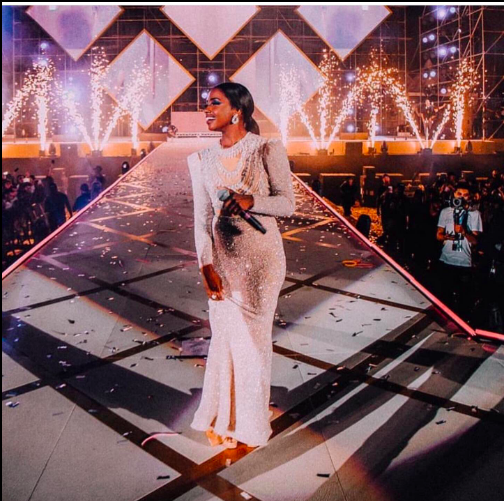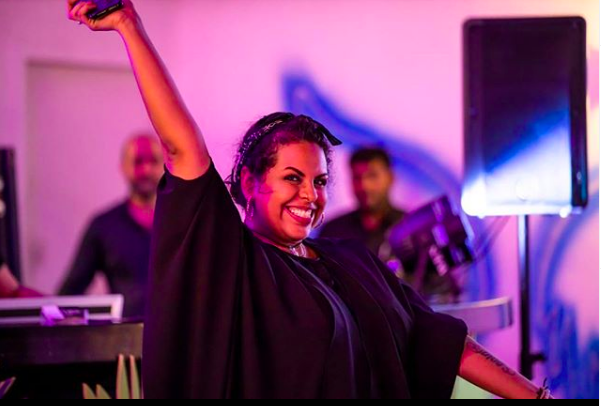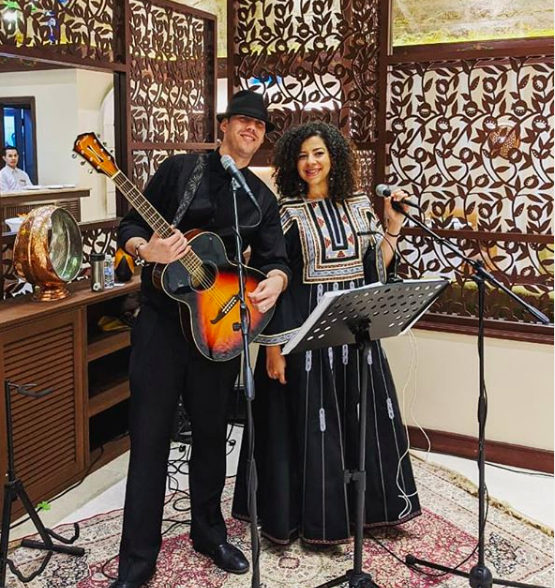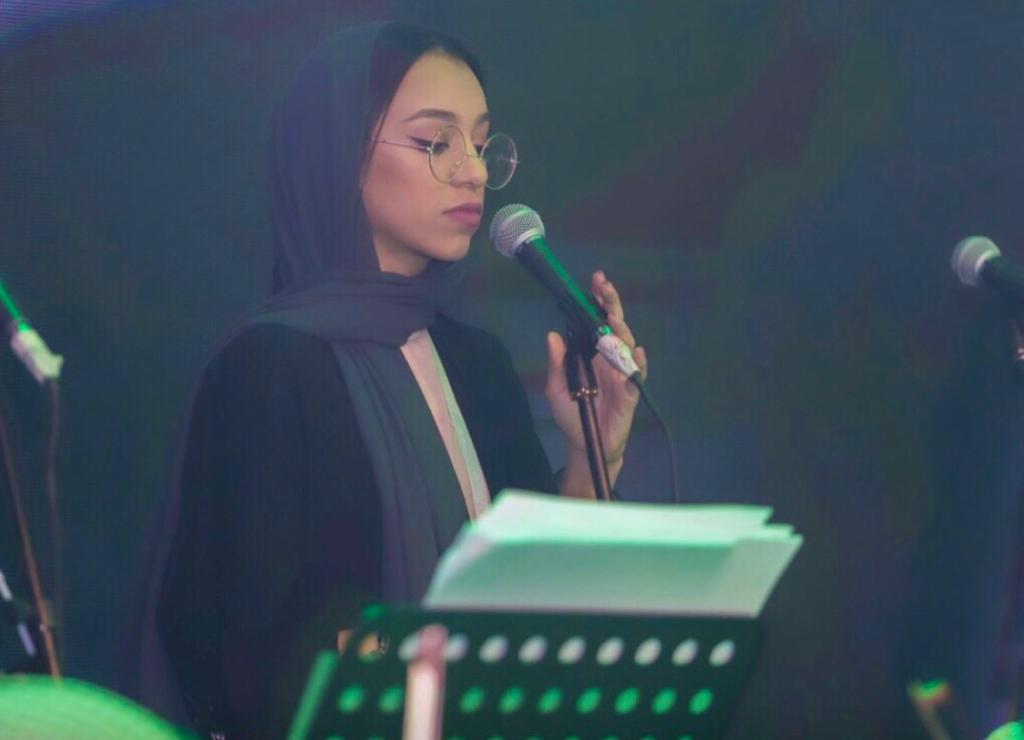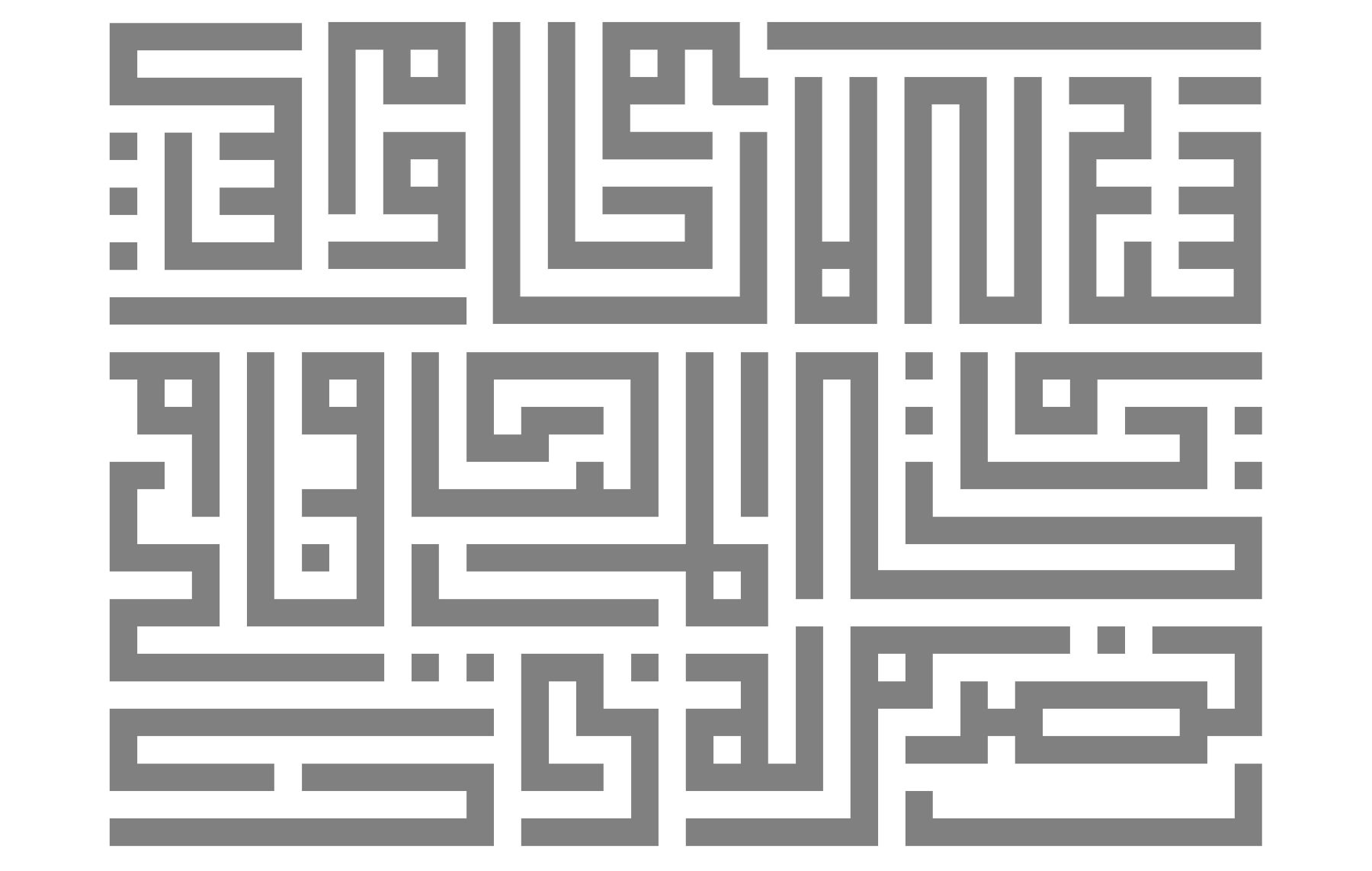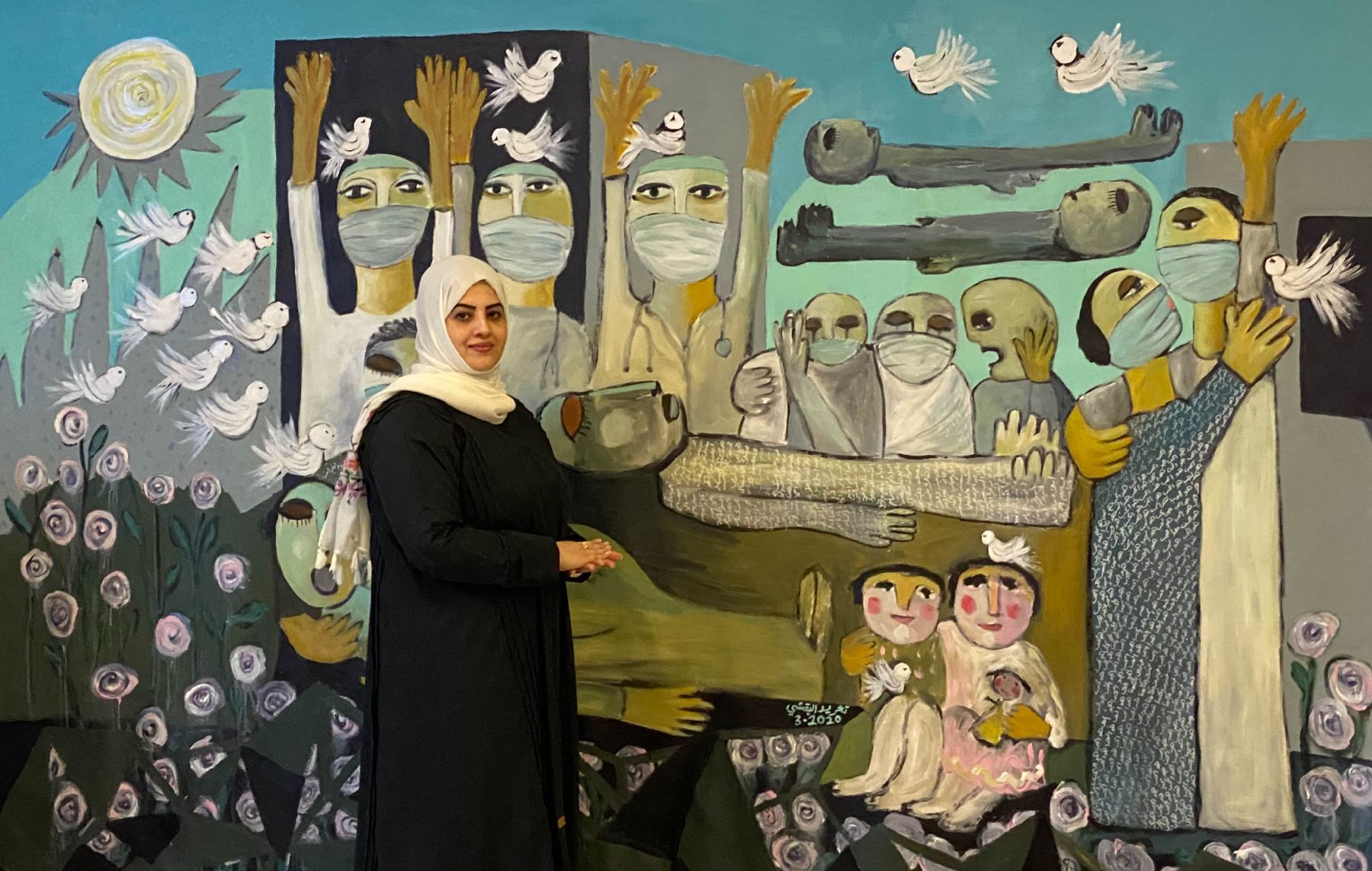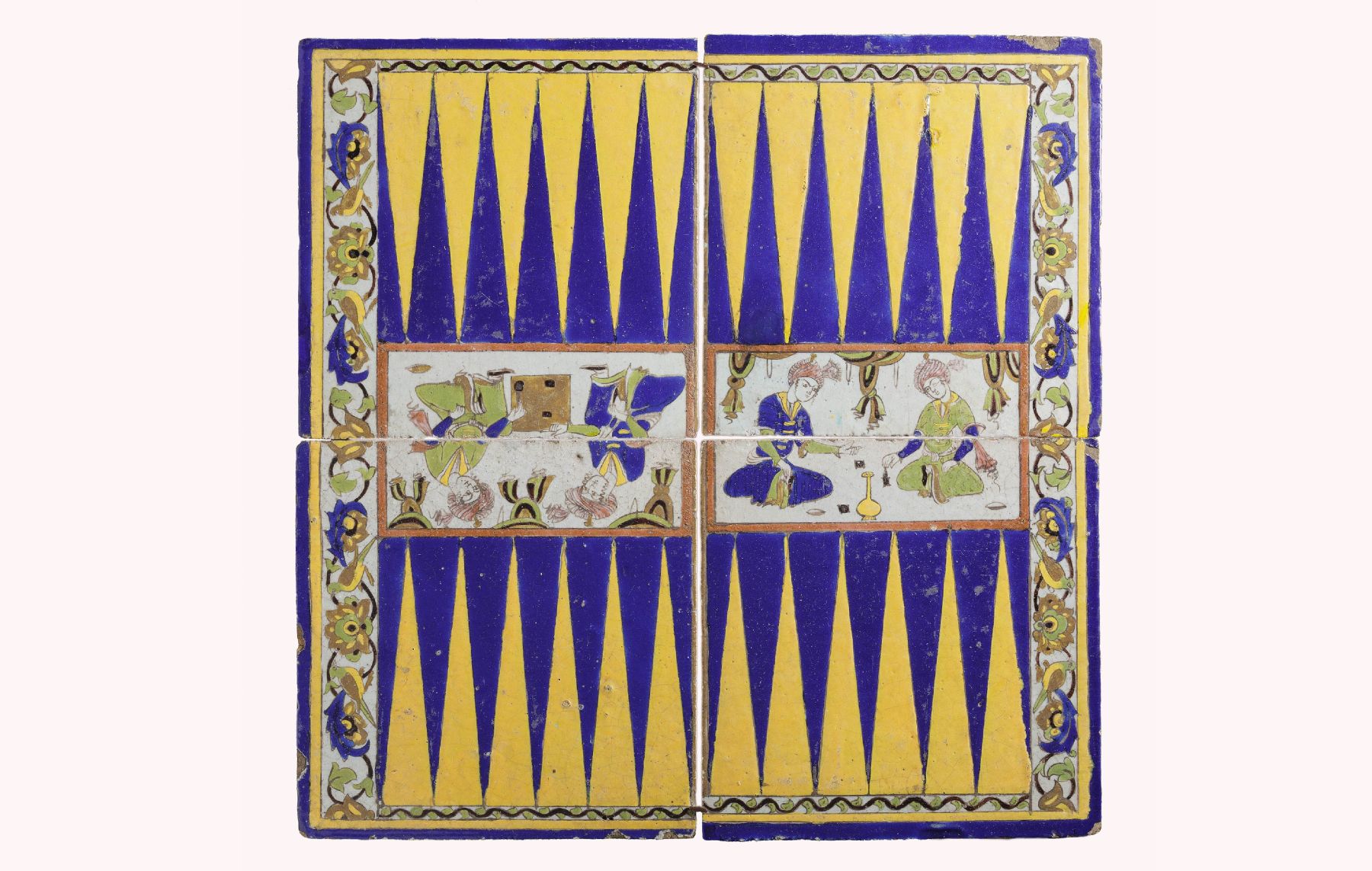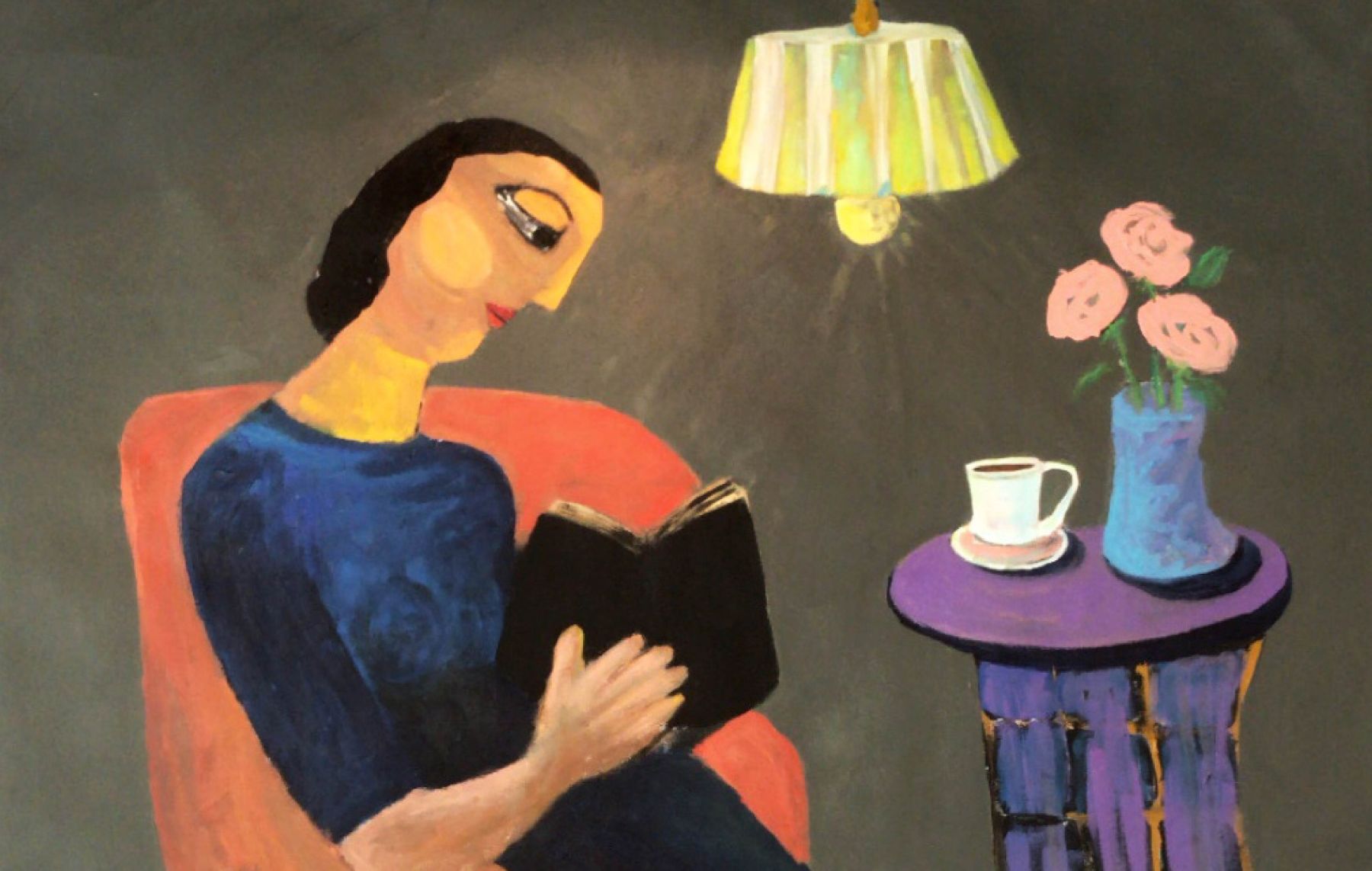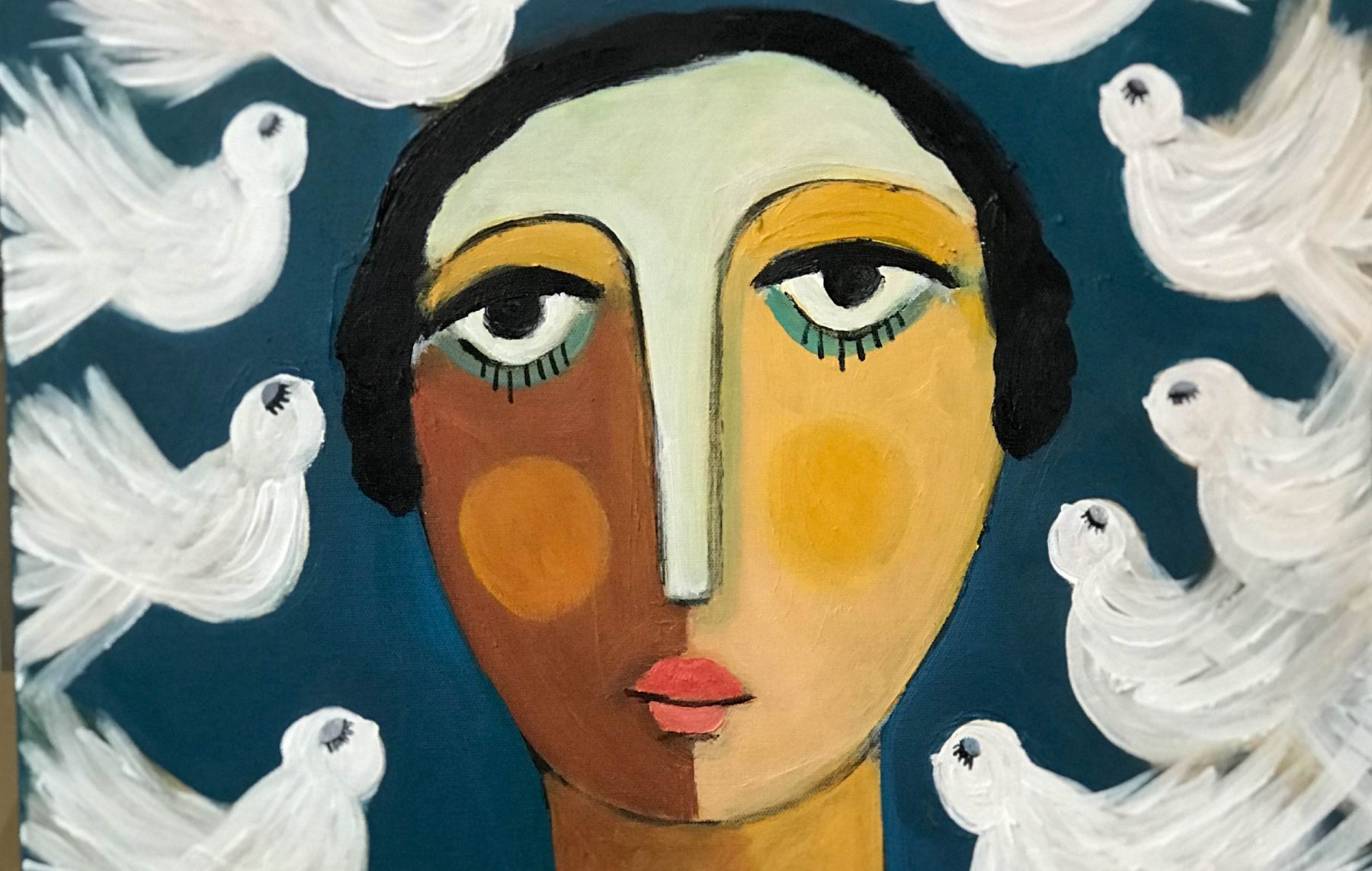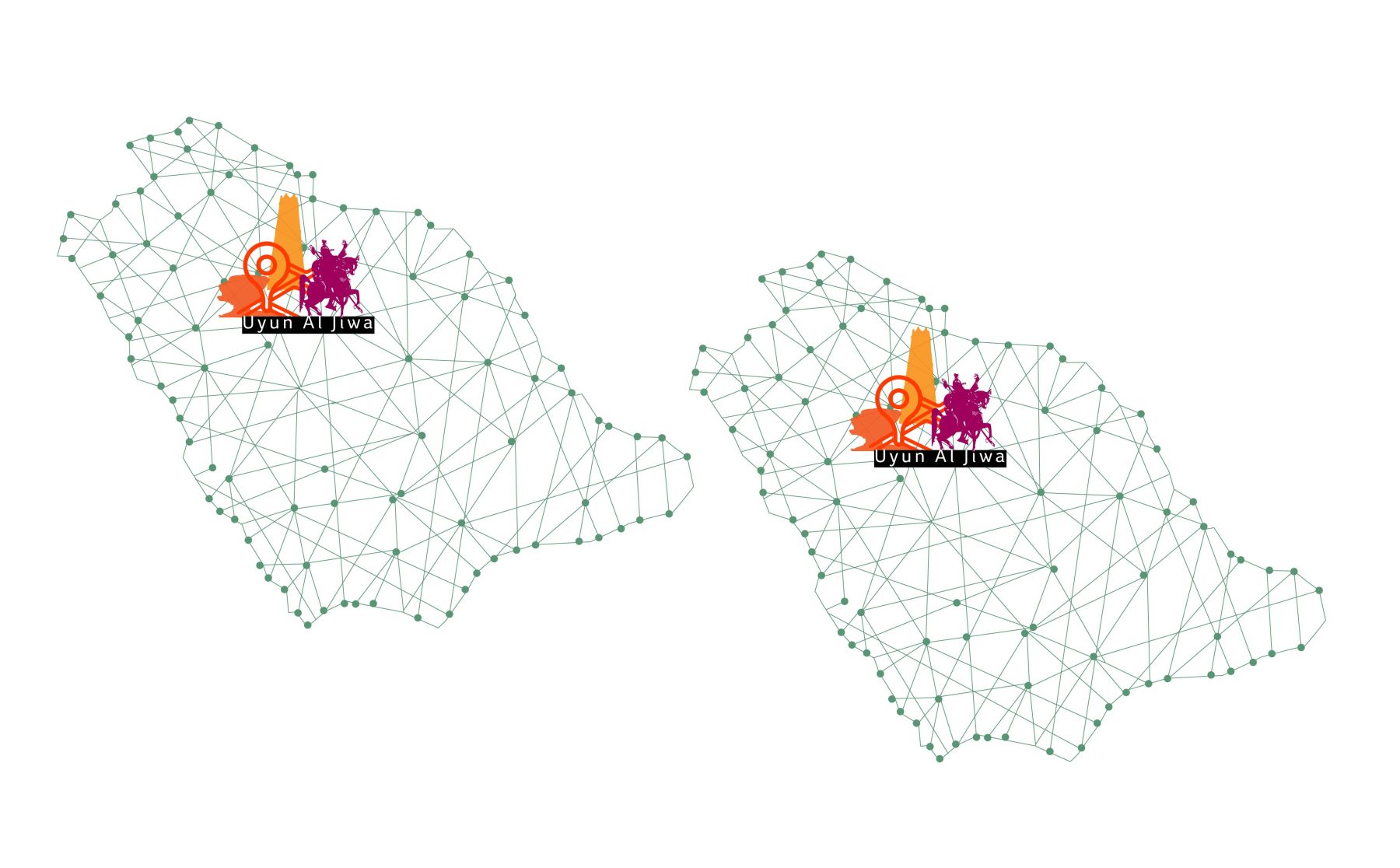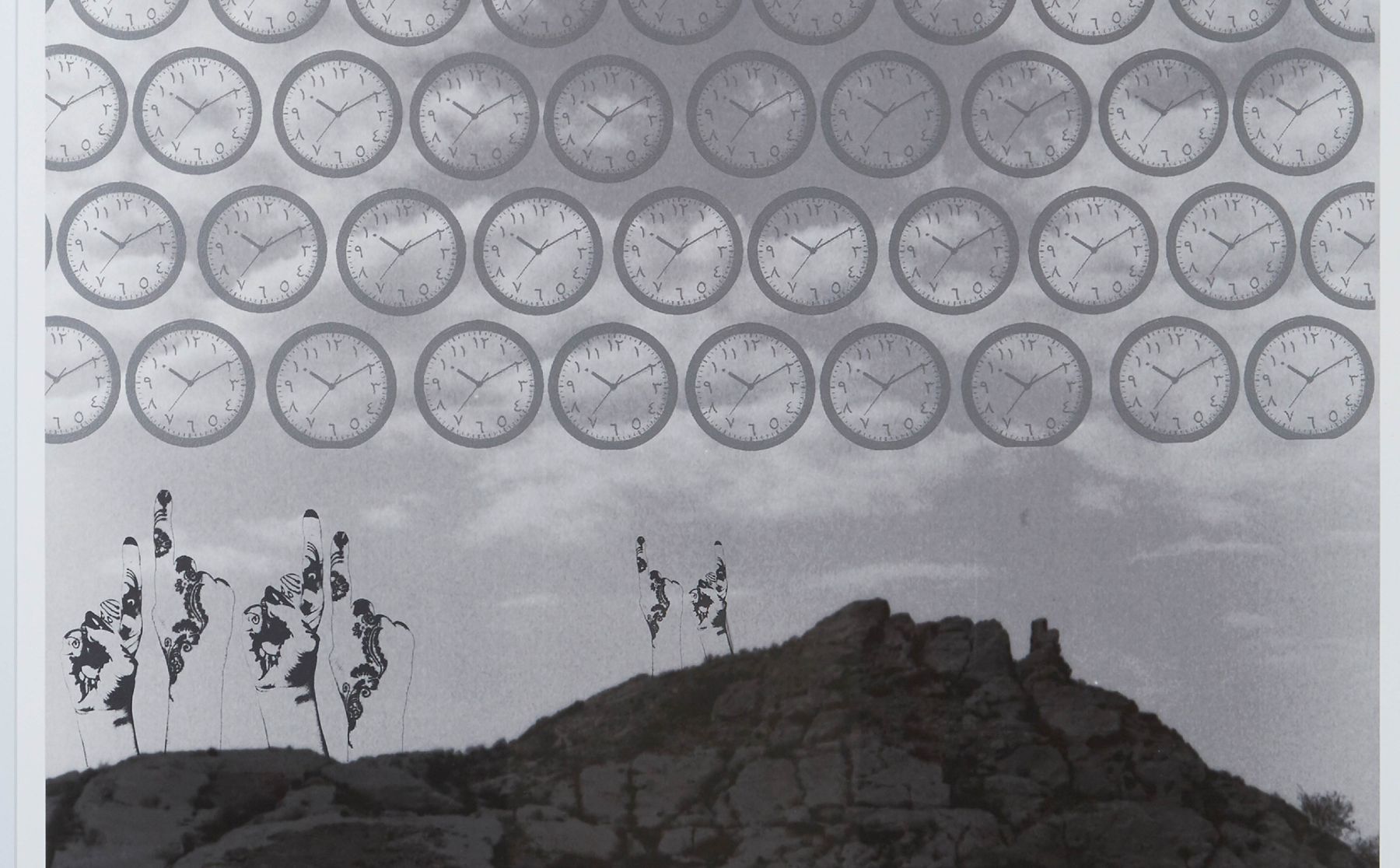“The Khaleeji [Gulf] song has taken a special place in the hearts of people who live in the Arab world and the diaspora…The style may have sounded new to some ears, but if you look at it more closely, Khaleeji music was born out of the music traditions from Egypt and the Sham [levant]. So it is also familiar at the same time.”
—Mohammed Abdo, veteran Saudi singer known as ‘Fanan Al-Arab’ the Artist of the Arabs
When it comes to Saudi music, the topic is an enigma for many, which is astonishing for a music genre that has led the Khaleeji music scene to continue flourishing since the 1960s.
The beat, the drums, the oud, the clapping and the mixture of the classical and the current, Khaleeji songs are a distinct genre hitting Arab music charts for decades. Until recently, Saudi male singers have dominated the scene. Now Saudi female singers are finally taking center stage, some virtually, bringing joy to their fans. Even during the age of COVID-19, these musical talents were on mission to bring joy and happiness to anxious listeners.
Discovering this richness of the Saudi music scene has been quite a journey, even for a Saudi woman like me.
Growing up in the US during the 1980s, I never listened to Saudi songs, but have heard some Arabic ones played by my parents, and at that time I didn’t develop the taste to appreciate it.
On our annual visits to Saudi Arabia, my grandparents would listen to folklore songs, which were a mixture of colloquial poems that documented past events they lived through or heard about.
To them, this music was pure joy.
These poems are called Samiryat and they are part of a music genre widely referred to as ‘Shabi music’ [people’s/folk music]. This type of music is usually played during weddings and happy occasions.
I eventually discovered some pioneering Saudi female artists, like Etab, known as the first Saudi singer and performer, who started in the early 1960s. Her strong voice, personality, great talent, and famous dance moves on stages outside Saudi Arabia made her stand out amongst other singers, not only in Saudi Arabia, but the entire Middle East. She credited the late musician Saudi legend Talal Maddah as being instrumental to her success.
From Ibtisam Lutfi, a blind Saudi singer from the 1960s to Saudi pop singer Waed from the 1990s, to more recent rising stars, who with the changes in Saudi Arabia are finding new opportunities to perform, the musical fabric of the Kingdom keeps on expanding. The Saudi contemporary music scene has witnessed many milestones in the past few years, with The General Entertainment Authority, the Saudi seasons, the Ministry of Culture and other entities all collaborating in spreading joy and music around the Kingdom by organizing concerts and music events of all size and genres. This year also saw Gehad Al-Khaldi being appointed CEO of the newly established Saudi Music Authority.
Over the past two years, Saudi female artists in particular were honored and supported like never before. For the first time in Saudi history, female singer Dalia Mubarak, was selected to sing publicly at a national event, along with Saudi legend Mohammed Abdo, and other male artists performing at “The Kingdom of Love and Peace’’ operetta launching the new vision of the Ministry of Culture.
Dalia, the diva of Saudi pop music, in a short period of time was able to make a name for herself alongside other top Khaleeji singers. Just like her counterpart Saudi singer Ayed, both were credited with adding new flavors to the Saudi pop scene.
Her first single Glabet L Tawla on YouTube, reached 12 million views and was among the top songs for many weeks. Her voice and singing in various styles of musical genres, Arabic pop music, traditional Khaleeji, Iraqi, as well as Shabiyat and folklore too, make her an iconic female artist.
Additionally, she introduced her own style, mixing Khaleeji with western melodies. In 2017, she was the first Saudi artist to release a song in English and Arabic.
During the current crisis, she has been entertaining her fans via her live Instagram account by releasing new songs, and as a Eid treat, together with Ayed they shared a live online concert streamed via social media platforms.
Dalia is just one of a handful of outstanding Saudi female artists.
It was spring of 2019 and while watching the 6th season of Arabs Got Talent, a confident Saudi woman came onto the stage. Once she started singing, I was captivated: a Saudi Aretha Franklin singing What a Wonderful World by Louis Armstrong on an Arab TV channel.
Loulwa Alsharif, aka Lady Lou considered the first Saudi soul singer, quit her job as a journalist and dedicated her time to her music.
Starting modestly at private events, she kept it real, lifting the audience with her incredible voice, singing her own interpretations of legendary American jazz and blues songs by Nat King Cole, Louis Armstrong, Bill Withers, Peggy Lee and more.
Singing for her “is not having a perfect voice, it’s those honest emotions and passion you feel, and deliver through your voice. Spreading good vibes is what I live for. Seeing kids and adults smiling and happy makes me the happiest.”
Through her participation in the Arabs Got Talent show, she has broken some stereotypes, and challenged the mainstream narrative.
“My participation in this show was to overcome my fears and challenge myself and other Saudi talented women to do what they love and never let fear stop them from what they love! Fear won’t make you step forward, break it and grow better,” she said.
Through her music, she hopes to create an impact on society, make a positive change, and inspire talented Saudi female artists to step up: “I want Saudi women to follow their dreams and passions…I want to inspire them.”
Inspired by Lady Lou to break that cultural barrier and express herself through her art and music, Nourah Al Ammary who goes by Nourah, said of Lady Lou: “She opened the door for the rest of us to get the courage to share our sound.” Nourah, a brand and creative strategist as well as a singer-songwriter with a deep passion for music, never thought to leave her career for her music. But she admits that music won in the end. Nourah grew up in an artistic family—her brother is a popular DJ in the region and many of her family members sing, however, she was not confident enough to follow that path. With the help of her sister and other vocal and singing coaches, she was able to follow her dream.
She initially faced some objections from some family members, but eventually, their views changed after seeing her talent and hearing the passion in her songs. It was her moment of truth when she sang for the first time in front of a Saudi crowd in an open mic event in 2018, in which to her surprise everyone was cheering for her and asking her for more.
She covers different genres such as jazz, pop, and soft rock, but it’s the oldies, the 80s & 90s artists that inspired her the most, such as Madonna, Michael Jackson, Dave Matthews, Tori Amos and Sarah Mchlachlen. She also writes original songs and collaborates with local musicians, mostly with her American music partner Sean Eliot in their band the Duo, and she is half the duo.
The moment she will value forever is when she sang at the MDL Beast music festival in Riyadh in 2019 in front of a massive crowd, that included her Brothers and sisters, friends and her inspiring Local musicians cheering her on.
Popular online, we have young artists like Zena Emad whose voice brought great joy to the public when she was featured in Ithra's Eid video in 2020.
The young Saudi was thrilled that she was given an opportunity “to sing from her heart.” She never sang in public before, but with over 4 million views, in a way, the public came to her.
She felt she was part of a joyous movement, being surrounded by children and their families. This experience pushed her to focus on honing her talent and training her singing voice.
Not thinking of taking up music as career at this stage, Zena is focusing on her finance career.
“Maybe I will be a singer in the future if have the right training and the right opportunity happen, but first I need to land a good job,” she said.
Zena is grateful for all the opportunities given to her and many of her peers through Ithra and other organizations supporting the art movement in the Kingdom.
Whatever the type of music you like, there is no denying the powerful impact that music has on our mood, our thoughts and our dreams. The power of music is best captured by one of the greatest philosophers, Plato (428/427 bce—348/347) who said: “Music gives a soul to the universe, wings to the mind, flight to the imagination and life to everything.”
Written by Guest Contributor:
Sheikha Al-Dosary who is a journalist, storyteller, and founder of Saudi Women Stories, a storytelling platform for women in Saudi Arabia to tell their stories, show their diversity, and present their inspiring journeys to change and success.


